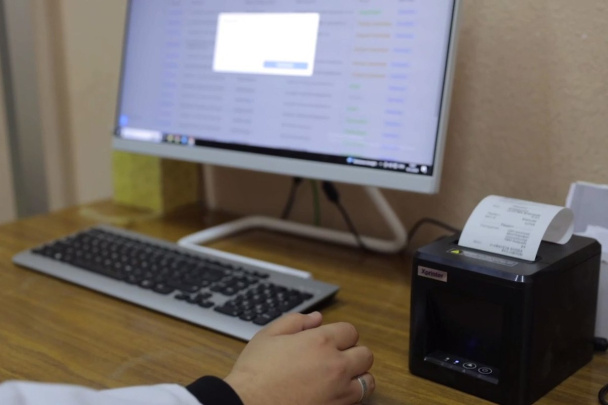Issuing prescriptions with trade names forbidden in Uzbekistan

Now, doctors will have to write prescriptions for the international generic name of the medicine.
According to an order of the Minister of Health, the provision on the appointment of medicines in medical organizations and the issuance of prescriptions for the international non-proprietary name has been approved.
As Norma.uz writes, in all medical organizations, regardless of the form of ownership, a mandatory prescription procedure for the international non-proprietary name of medicines is being introduced.
For example, there is antibiotic azithromycin – this is the international non-proprietary name for a medicine. It is produced by various domestic and foreign pharmaceutical companies and therefore this medicine can be found under various trade names, for example, “Azimak (Georgia)”, “Azimed (Ukraine)”, “Sumamed (Ukraine)”, “MR Azimaks (Uzbekistan)”.
In the prescription, the written instructions of the attending physician of the medical organization about the international non-proprietary name of the medicinal product, its composition, preparation and dispensation must be in Latin, the method of use must be in the state language. In necessary cases, while providing a qualified translation, the recipe can be written in another language that the patient understands.
It is forbidden to issue a prescription for medicines by a doctor in the following cases:
- if the client has no medical indications; for medicines that have not passed state registration in Uzbekistan (with the exception of orphan drugs);
- for medicines intended for use only in medical organizations, including medicines used as anesthesia.
In the following cases, the validity of prescribing medicines to the patient should be agreed with the head of the department or the doctor on duty or with the clinical pharmacologist of the medical organization:
- when prescribing to the patient at the same time five or more medicines (regardless of their type);
- in the presence of complications or concomitant diseases of the underlying disease.
The requirements of the Regulation do not apply to persons entitled to benefits in prescribing medicines, as well as in prescribing to a patient medicines containing narcotic drugs, their analogues, psychotropic substances, precursors and toxic substances.
The document entered into force on July 1, 2020.
Related News

15:37 / 06.02.2025
Prescription drugs without a prescription: A deep dive into Uzbekistan's pharmacies

15:05 / 08.01.2025
Uzbekistan launches pilot program for electronic prescriptions

17:37 / 03.12.2024
IUCN Representative Office in Uzbekistan officially begins operations

20:54 / 14.09.2024



